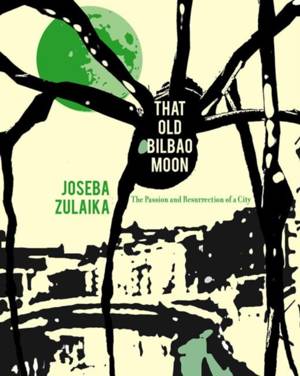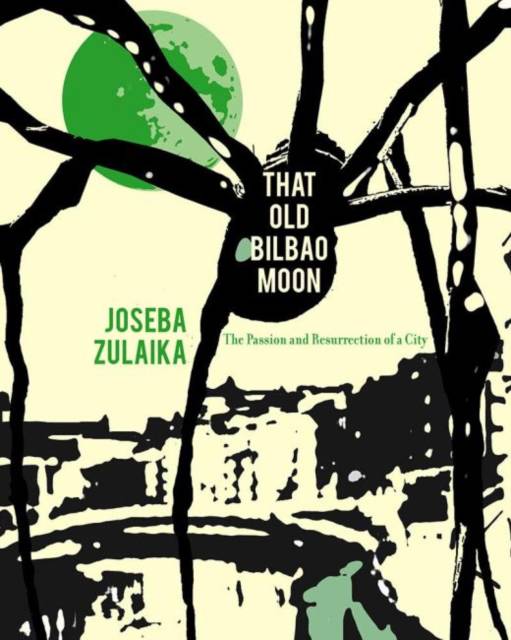
- Afhalen na 1 uur in een winkel met voorraad
- Gratis thuislevering in België vanaf € 30
- Ruim aanbod met 7 miljoen producten
- Afhalen na 1 uur in een winkel met voorraad
- Gratis thuislevering in België vanaf € 30
- Ruim aanbod met 7 miljoen producten
Zoeken
That Old Bilbao Moon: The Passion and Resurrection of a City
The Passion and Resurrection of a City
Joseba Zulaika
€ 37,95
+ 75 punten
Omschrijving
That Old Bilbao Moon is a memoir, an ethnography of desire, an essay tracking a generation's consciousness, a manifesto for a new city and a new subject after the shipwreck. This Dantean narration presents "characters," including its author, whose lives do not conform to ideal cultural models. They are rather figures under the threat of disintegration who require self-transformation for their survival. Every conversation and event here narrated is ethnographically factual, yet the book is essentially about the fundamental fantasies and subjective conversions of a generation surrendered to "the passion for the real." This Bilbao generation of the sixties--branded inaugurally by the trauma of ETA, socialism, atheism, Aresti's Maldan behera (Downfall), the survival of Euskara, the art of Oteiza and Chillida, feminism--found in Frank Gerhy's "shipwreck" masterpiece its ultimate emblem and the promise of a new city. It is the architecture of labyrinth, a building of cuts and torsions, "the reincarnation of Marilyn Monroe" (Muschamp), turned into the new face of "that old Bilbao moon" that Brecht sang as "the most beautiful in the world." Because even after the ruins and the defeat the mandate persisted: you must change your life, you must transform your city.
Specificaties
Betrokkenen
- Auteur(s):
- Uitgeverij:
Inhoud
- Aantal bladzijden:
- 358
- Taal:
- Engels
- Reeks:
- Reeksnummer:
- nr. 1
Eigenschappen
- Productcode (EAN):
- 9781935709589
- Verschijningsdatum:
- 16/12/2014
- Uitvoering:
- Paperback
- Formaat:
- Trade paperback (VS)
- Afmetingen:
- 203 mm x 254 mm

Alleen bij Standaard Boekhandel
+ 75 punten op je klantenkaart van Standaard Boekhandel
Beoordelingen
We publiceren alleen reviews die voldoen aan de voorwaarden voor reviews. Bekijk onze voorwaarden voor reviews.











